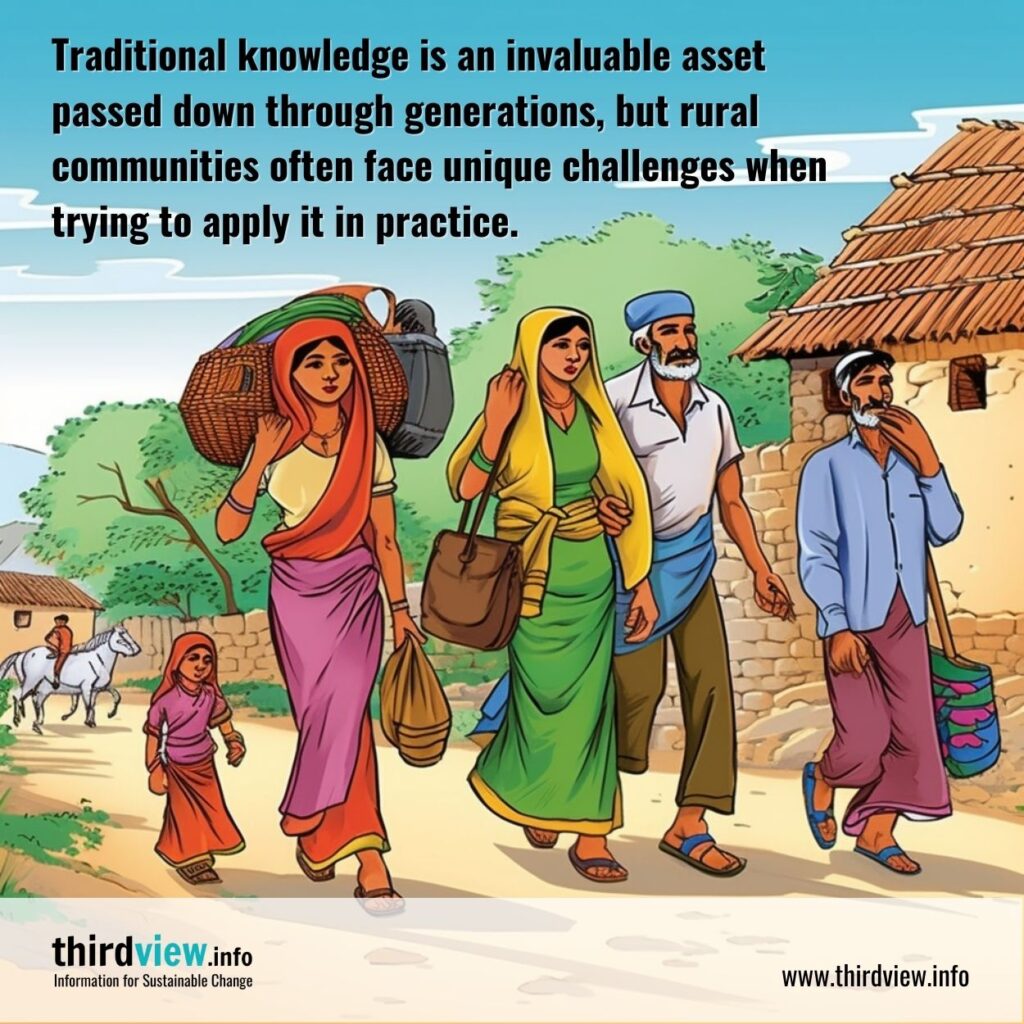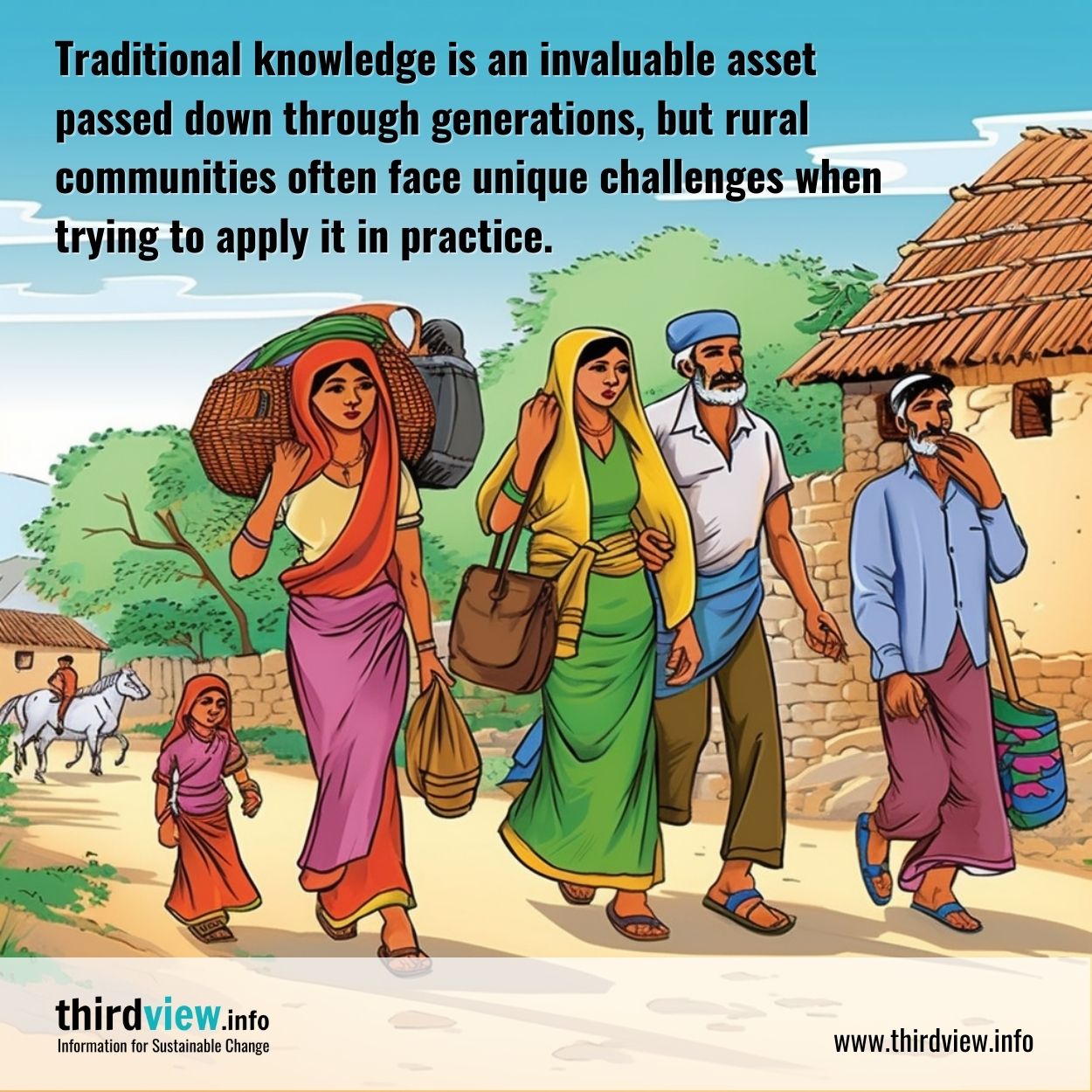Every culture has its own traditional knowledge, passed down through generations. This knowledge can be incredibly valuable, but not every community has access to the resources and technology needed to apply it in practice. Rural communities often face unique challenges when they try to use their traditional knowledge to improve their lives and livelihoods. Let’s explore some of these challenges and discuss how we can work together to help rural communities overcome them.
Access to Education and Training
Rural communities may struggle with limited access to education and training opportunities related to their traditional knowledge. Without these opportunities, members of these communities may not have access to the resources needed for them to become experts in their field or use modern technology effectively. Moreover, without a proper education system in place, young people may not have the necessary skillset needed for them to apply the traditional knowledge that has been passed down from previous generations.
Accessibility of Resources
In many cases, rural communities lack access to basic resources such as electricity or running water that are necessary for them to apply their traditional knowledge in practice. Without this infrastructure, it is difficult for members of these communities make progress towards improving their lives and livelihoods using the knowledge they have accumulated over centuries. Furthermore, even if these resources are available, rural communities may not have the financial means necessary for them purchase them or pay for installation.
Technology Adaptation
Without exposure or experience with technology outside of their own community, rural communities often lack an understanding of how certain pieces of technology can be used in combination with their traditional knowledge. For rural communities to successfully apply their traditional knowledge in practice they must first understand how modern technology works and how it can be used effectively alongside existing methods and practices. Even then, members of these communities may still struggle with adapting new technologies due to limited resource availability or financial constraints that limit technological advancement within a community as a whole.
Traditional knowledge is an invaluable asset that has been passed down through generations throughout history and across cultures around the world. Unfortunately, many rural communities face unique challenges when trying to apply this knowledge in practice due limited access education and training opportunities, lack of infrastructure like electricity or water, as well as limited availability of resources or financial constraints that limit technological adaptation within a community. However, there is still hope. By working together, we can ensure that all members of our global community have access necessary tools and resources needed for them utilize this valuable asset efficiently so they can grow and develop sustainably into the future.


